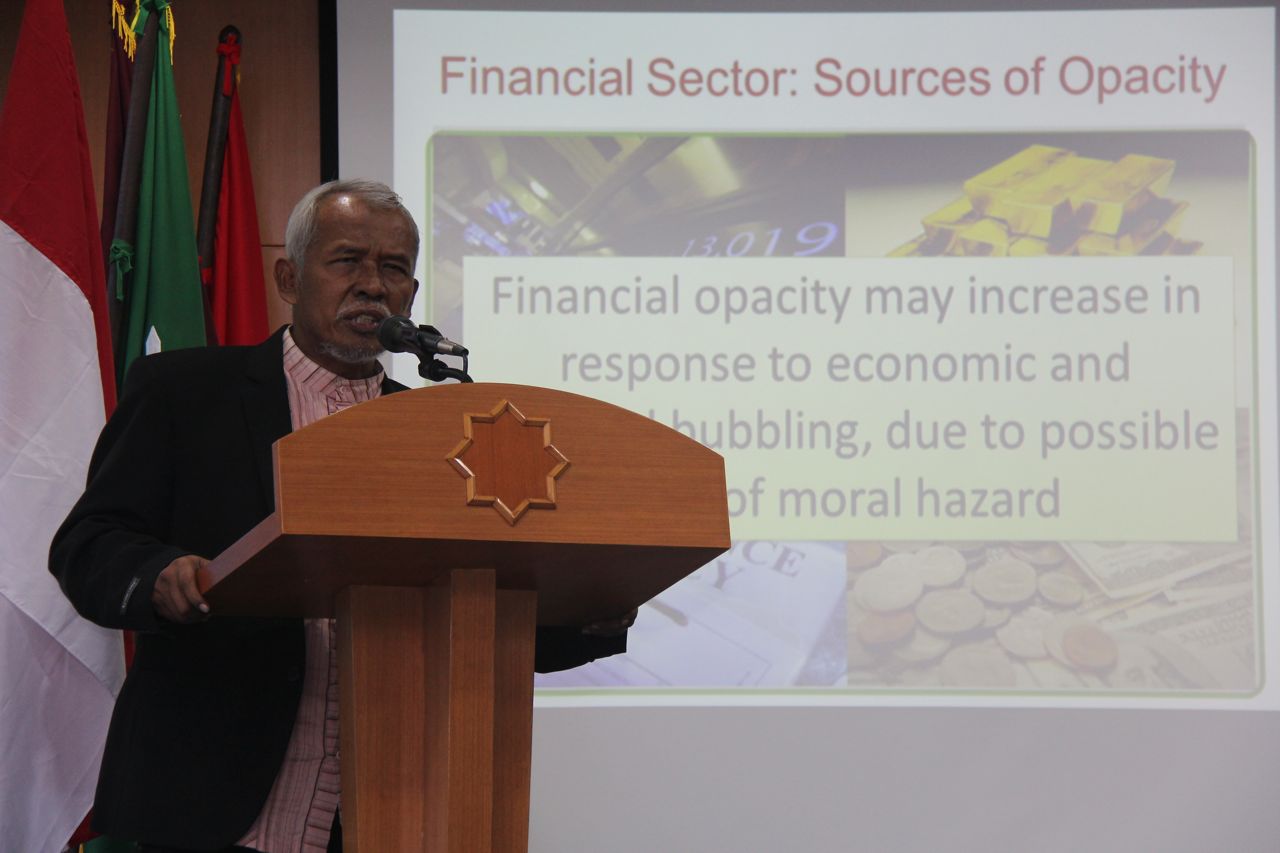International Program for Islamic Economics and Finance (IPIEF) of Universitas Muhammadiyah Yogyakarta (UMY) firstly conducted summer school, namely International Training for Young Islamic Economic Leaders (IT-YIELds). It was organized on 15-26 August 2016, and it aimed at fostering youth’s potentials in both Islamic and world economy.
The summer school cooperated with International Institute of Islamic Thought (IIIT), Virginia, the United Stated; Islamic Research and Training Institute (IRTI), Jeddah, Saudi Arabia; Islamic Economist Association of Indonesia (IAEI); and International Program for Islamic Economics and Finance (IPIEF). The participants were 20 Asian students from Universitas Muhammadiyah Malang (UMM), UMY, IAIN Pekalongan, Public Accountant Office (KAP), STES Islamic Village of Tangerang, and Yarmouk University, Jordan. The first seven days, the participants had general lectures, seminars, workshops, and indoor activities engaging national and international speakers.
The theme of the summer school was ‘Tax Havens and Financial Opacities’ involving academicians, regulators, and professionals who have broad knowledge of tax heavens and financial opacities. In the opening of the IT-YIELds on Monday (15/8) at Amphi Theater, Masyudi Muqorobin, Ph.D. as the keynote speaker who is also a Director of IPIEF of UMY stated that opacities often occurred because of tax avoidance.
“Financial opacity may increase in response to economic and financial bubbling due to possible rise of moral hazards. A study by Kerr (2013) and Opacity Index by PWH Coopers provide provided evidence that opacities in a country significantly leads to tax avoidance. The tax avoidance obtains facilities from the existence of tax haven or tax haven countries or secrecy jurisdiction,” he presented.
He inserted that factors that makes a country is called as tax heaven country (OECD) are no or less taxes, lack of transparency, and protection of financial information. “There are evidences that earning opacity leads to high cost of capital. In contrast, transparency leads to reducing cost of capital in investment,” he asserted.






